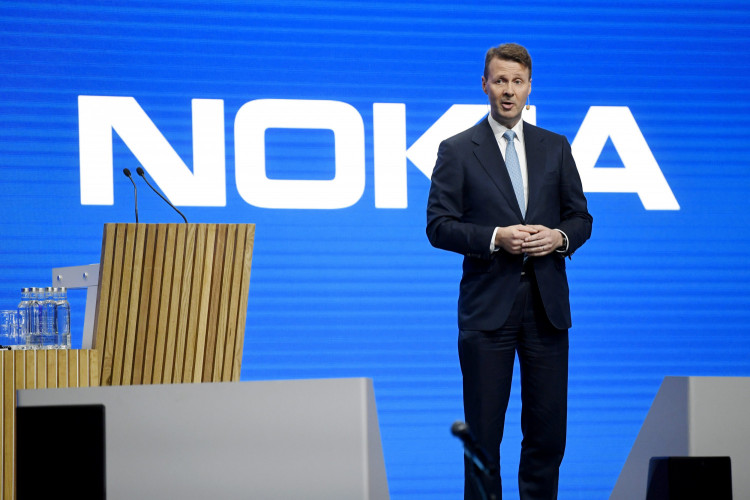Nokia announced on Thursday, Oct. 25, its target annual cost savings of $799 billion by the end of 2020. The move is in support of the company's aim to strengthen all efforts in providing customers 5G network in the coming years.
The reduced cost strategy, however, comes at a cost of cutting thousands of its employees globally.
In the company's official announcement, Rajeev Suri, Nokia president, and CEO, explained that the job cuts would still be based on local consultations with employee representatives worldwide. The announcement also mentioned that there is yet to be a detailed scheme or information about the looming layoffs.
Suri said Nokia does not take the actions lightly as it recognized the impact on affected employees. Nevertheless, the CEO said that Nokia would provide transition and support to workers.
The new cost cut was announced as the company reported its third-quarter financial report.
Nokia reported $6.27 billion in net sales for the three-month period ending Sept. 30. The company's non-IFRS operating profit for the three month period stood at 487 million euros, down 27 percent from 668 million in the same quarter in 2017.
In line with its 5G accelerated effort, Nokia Chennai facility in South India has also started manufacturing the 5G New Radio, a technology that could support massive data consumption, higher users, and heightened network liability.
Nokia is doubly optimistic about the potential of the booming 5G era. In its announcement, it noted that India alone has an average consumption of 7.4 GB of data per user per month on mobile devices over mobile networks. This places India ahead in the market, even when compared to the already developed nation like the United Kingdom, South Korea, and France.
The Finnish company faces tough competition with Sweden's Ericsson and China's Huawei in the race toward pioneering 5G networks.
China has recently announced 5G development as one of its priority under the "Made in China 2025." Under this scheme, the government renders necessary support to mobile carriers and equipment manufacturers to ramp up their 5G technologies.
Huawei previously announced billions of investments in 5G research. It also owned a patent for "polar coding," a method capable of correcting errors in data transmission.
China, which is expected to roll out 5G for commercializing use by 2020, has set up 350,000 cell sites since 2015 according to Fortune, citing a Deloitte study.
In July, Nokia and T-Mobile announced a $3.5 billion agreement where the Finnish company will supply the network provider with 5G network technology, software, and services portfolio.






